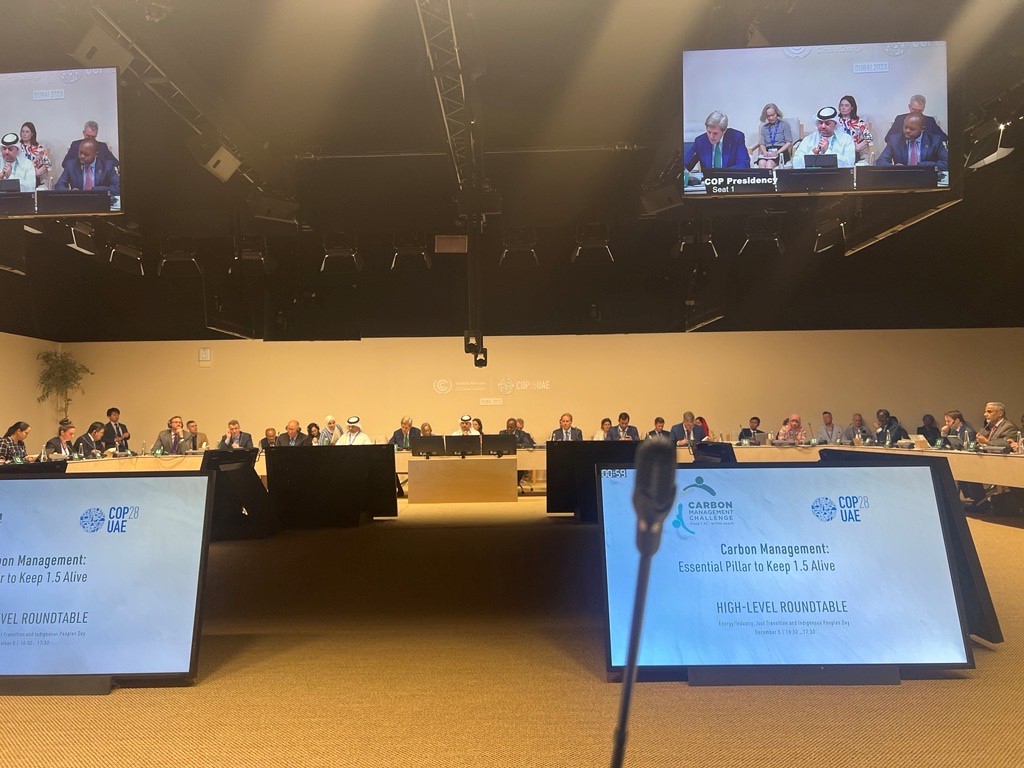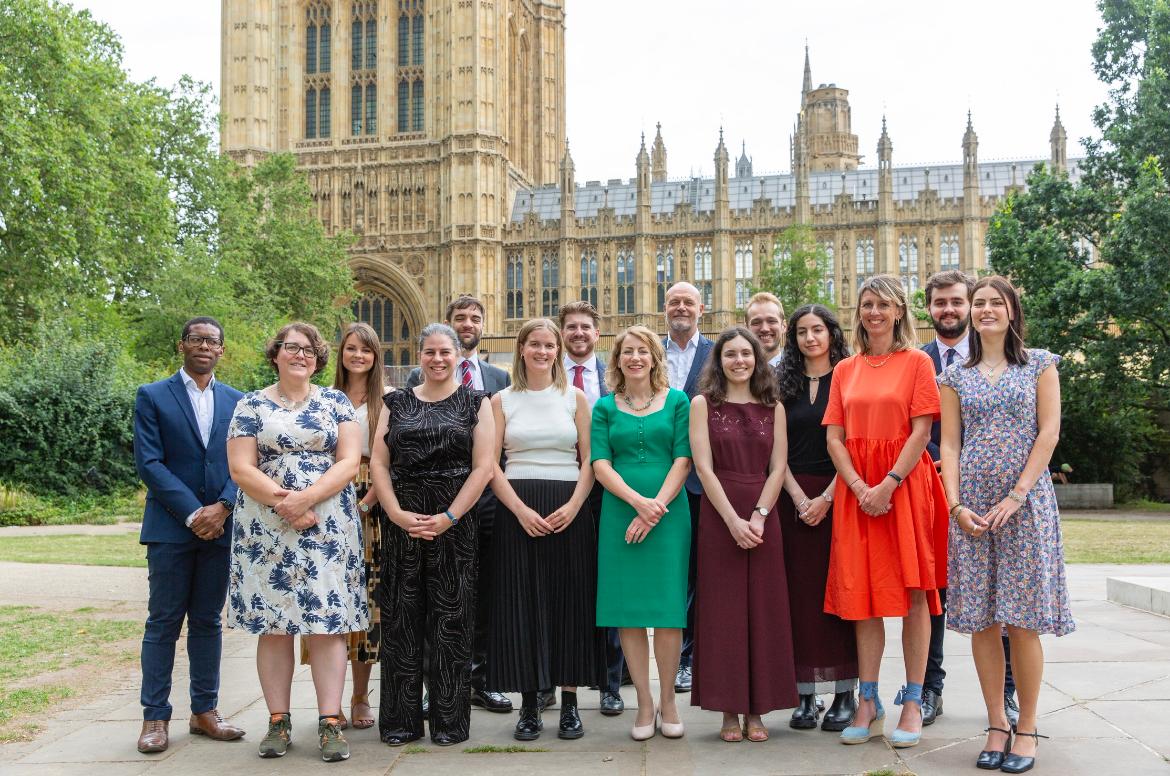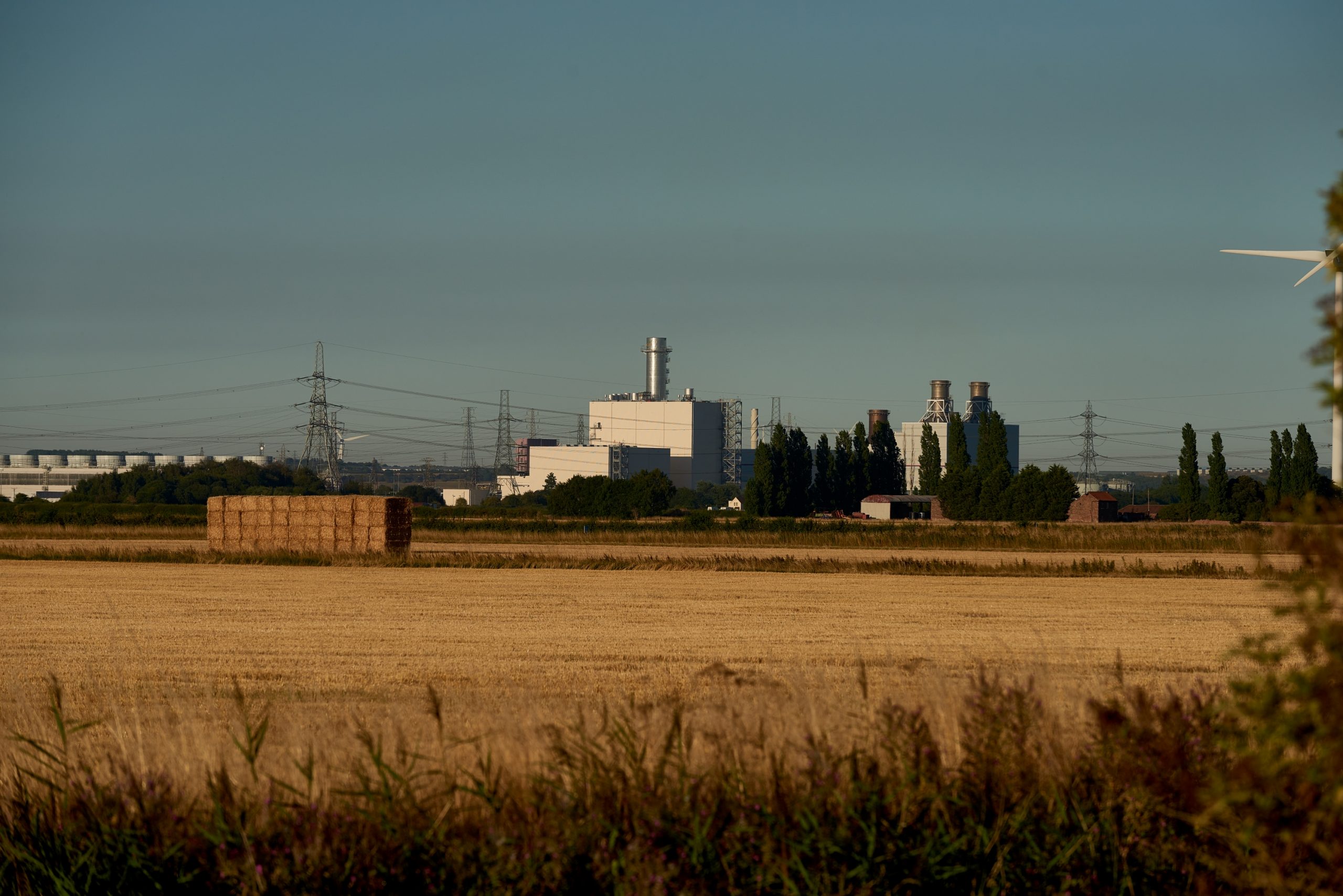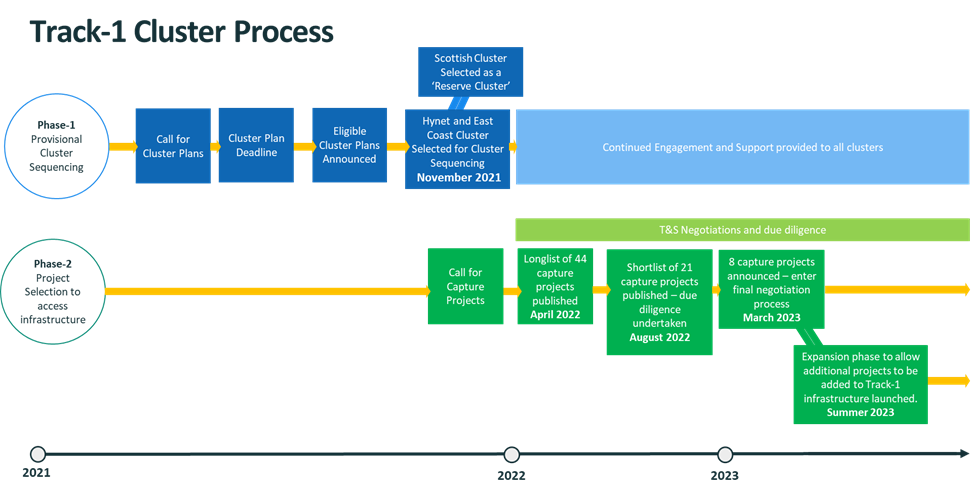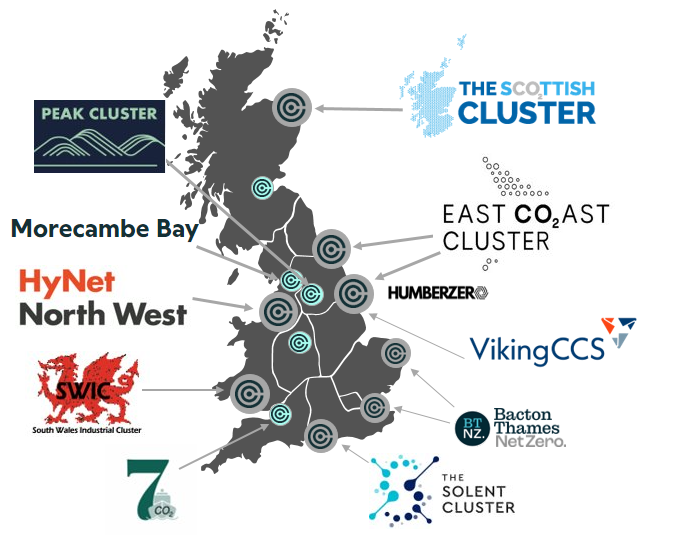On Friday, December 8th, in the Marriott Resort Palm Jumeirah, Dubai, the CCSA, Oxford Net Zero and Carbon Balance Initiative hosted a pivotal cross-sector roundtable. The roundtable was the kick-off for a 2024 research project on the role of Markets and Mandates for scaling and supporting carbon capture and storage (CCS) activities which we need if we are to reach net zero by 2050. It convened industry leaders, CEOs, and NGOs – including many CCSA members – to discuss a crucial question: What policy mix is best placed to drive pace in future CCS deployment?
This led to an engaging and lively discussion, the results of which will feed into the project’s policy thinking on Markets and Mandates, and will directly inform an economic analysis of policy options for enduring CCS deployment and future UK Government policy bundles. The session was jointly moderated by Olivia Powis, UK Director at the CCSA, and Mirte Boot, Co-Director of Carbon Balance.
The urgency of the climate crisis
The workshop was kicked off by Professor Myles Allen OBE and his stark reminder of the urgency of the climate crisis. Noting that we are above 1.2°C global warming today, Allen stated that we will need to reach net zero carbon dioxide (CO2) emissions by 2050 to meet the 1.5°C target as agreed upon in the Paris Agreement. IPCC scenarios aligned with this objective show a large, rapid, reduction in fossil fuel consumption and production, as well as the deployment of CO2 disposal technologies, such as CCS and CDR, at multi-billion-tonne scales by 2050. Professor Allen strongly emphasised that we are currently capturing less than 50 million tonnes of CO2 each year, leaving the world with a vast scale-up challenge to deliver a sufficiently large CO2 storage industry in the coming decades. Reaching even a billion tonnes per year of CCS by 2030, as is the aim of the Carbon Management Challenge announced by the US at COP28, would require building one CCS facility per week, every week. Delivering this and moving beyond into a multi-billion-tonne storage market by 2050 raises important questions on the policy mechanisms, financing and regulatory support needed for this important aspect of the net zero transition.
Assessing current policy instruments
The first workshop discussion focused on current mechanisms in place for scaling CCS, and pooling the expertise of the room to drill into the question: what are the risks of current CCS policies for achieving our net zero targets?
The discussion was kicked off by Dr Stuart Jenkins, a Research Fellow at the University of Oxford and an expert on fossil fuel sector decarbonisation pathways. Stuart provided a high-level exploration of the current policy landscape for CCS, with the taxonomy of policy instruments divided into three pivotal axes: government procurement (such as the US’s 45Q mechanism, or public sector advanced market commitments for low carbon products), demand-side policies (like the Emissions Trading Scheme, or sector and product carbon taxes), and supply-side policies (including regulations like California’s low carbon fuel standard, low carbon product standards, and the Carbon Takeback Obligation).
In the ensuing interactive discussion, participants were encouraged to actively engage on the status of, and gaps in, current policy frameworks. Examples of key concerns with current frameworks for CCS included: the inexhaustibility of current government-subsidy-led revenue streams, concerns around the timing for CCS growth, and the risks of relying on industrial emissions trading schemes to deliver a consistent signal for CCS investment.
Firstly, participants highlighted that both voluntary carbon market demand and government subsidies for CCS are not inexhaustible, suggesting a transition towards private financing of CCS activities is needed to secure the long-term delivery of the CCS industry. Further, attendees noted the clear risk of overreliance on reversible mechanisms to achieve the scale and pace of growth required, with enduring mechanisms needed for investor confidence.
Secondly, participants highlighted the risk of treating CCS projects as a concern to be dealt with only after necessary emission cuts. Attendees were clear that CCS projects require long-term investment and planning; policy mechanisms must provide that stability for investors and act with urgency to scale the CCS market alongside crucial emissions cuts.
Finally, participants discussed the risks of an overreliance on demand-side tools, such as the ETS, alone in an enduring CCS market. Key risks highlighted included the ability of regional carbon markets to influence industrial decarbonisation without causing offshoring, and the ETS as a “flimsy” and “clumsy” tool for making billion-dollar capital investments.
Exploring mandates as an additional policy tool
The second half of the workshop focused on an introduction to carbon storage mandates as an alternative policy mechanism for driving CCS growth. This began with two mini-presentations from Stuart and Joop Hazenberg, EU Director at the CCSA. Stuart introduced the Carbon Takeback Obligation (CTBO), highlighting its approach, synergies with existing policies, and potential outcomes. Joop complemented with an overview of the EU’s Net Zero Industry Act (NZIA) Article 18, which can be seen as the first iteration of a ‘storage mandate’ policy.
This led to our second plenary discussion which gave participants the chance to articulate their perspectives on the opportunities and risks of storage mandates for driving CCS growth. Participants saw the potential in storage mandates for ensuring that all remaining fossil fuel use is fully abated, driving global momentum, signalling investor certainty, and identifying funding sources. Others highlighted the opportunities for mandates to drive down oil and gas consumption by “putting a price on pollution” and “baking the cost of capturing and storing CO2 into the price of fuels at the pump”; although questions were raised as to the extent to which these costs would fall on consumers, oil and gas companies, and/or other actors in the value chain.
Concurrently, participants highlighted the risks of mandates that merit careful consideration. In particular, participants highlighted that any storage mandate should not have adverse consequences of sustaining business-as-usual fossil fuel production levels, or offshoring production (where oil and gas companies might relocate to regions without the CTBO or Article 18). Participants also questioned whether a mandate, if implemented at a national or regional level, would be stunted or inefficient, and whether another parallel market for storage credits is needed alongside current instruments. Stuart agreed the international implementation challenge is key to the acceptance of mandates, although he underlined that this is not a unique challenge for mandate mechanisms as every climate policy has to navigate this challenge of effectiveness at sub-global scales. It was also stressed that additional policies are often needed to ensure integrity (e.g. the CBAM with the UK/EU ETS). The discussion emphasised the need for a level playing field across different technologies and suggested that regulated use of CCS/CDR in hard-to-abate sectors could help maintain the environmental integrity of any policy suite. The discussion prompted further questions that should be assessed in future research work.
Conclusion
The roundtable marked a significant moment in the development of the future of CCS policies, with nuanced, diverse and expert-informed input from all participants. Attendees were keen for the discussion to continue, signalling the need for ongoing consultation in this area. This workshop sets the stage for our next dialogue on how to best drive CCS deployment in the UK – the CCSA, Oxford Net Zero and Carbon Balance Initiative will thus invite stakeholders to give further input on this work in the New Year. And hopefully, as these discussions evolve, the roadmap toward achieving net zero emissions by 2050 becomes clearer.
Stay tuned for updates!




